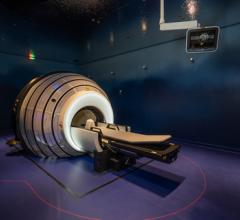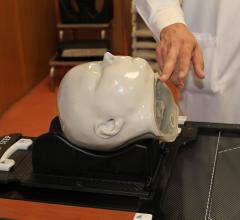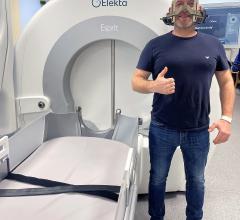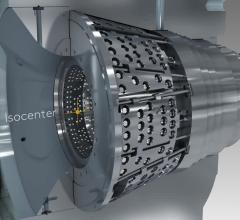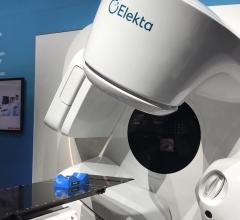
March 5, 2009 – Fifty patients who have undergone stereotactic body radiotherapy (SBRT) at Temple University have doubled their chances of surviving early stage lung cancer - and without the conventional radiation regimen or surgery.
Doctors in the Radiation Oncology Department at the university say the technique not only improves a person's odds of surviving early stage lung cancer but may reduce the need for future surgeries.
"This is a big trend in radiation oncology for early stage lung cancer patients who either can't undergo surgery or refuse it," said Curtis Miyamoto, M.D., chair and professor of the department of radiation oncology at the School of Medicine. "With the success of this technique, we're now questioning whether we'll even be doing surgeries on these patients in the future."
SBRT requires only three to eight treatments for lung cancer, not 35 in the typical case of radiation therapy. Although both traditional treatments and SBRT methods involve radiation, SBRT administers large, highly precise doses instead of multiple smaller doses.
But perhaps the most important advantage of SBRT is its effectiveness: Patients who refuse or cannot receive conventional treatments for their lung cancer face a median survival range of nine months. For those who undergo SBRT, the median survival range is more than 32 months. And depending on the size and seriousness of the tumor, the two-year disease free survival, or cure rate through SBRT increases to approximately 81 percent and can reach up to 98 percent, according to findings in the International Journal of Radiation OncologyBiologyPhysics. The cure rate with conventional radiation is closer to 35 percent; SBRT doubles the odds of surviving early stage lung cancer and can actually cure at least half of the patients.
"Such high survival rates are equivalent to other techniques, like invasive surgery, but you don't have to go under the knife," says Miyamoto. "I think the big thing the patient notices is it's all done very quickly and the results are impressive."
For more information: www.temple.edu


 April 29, 2024
April 29, 2024 

